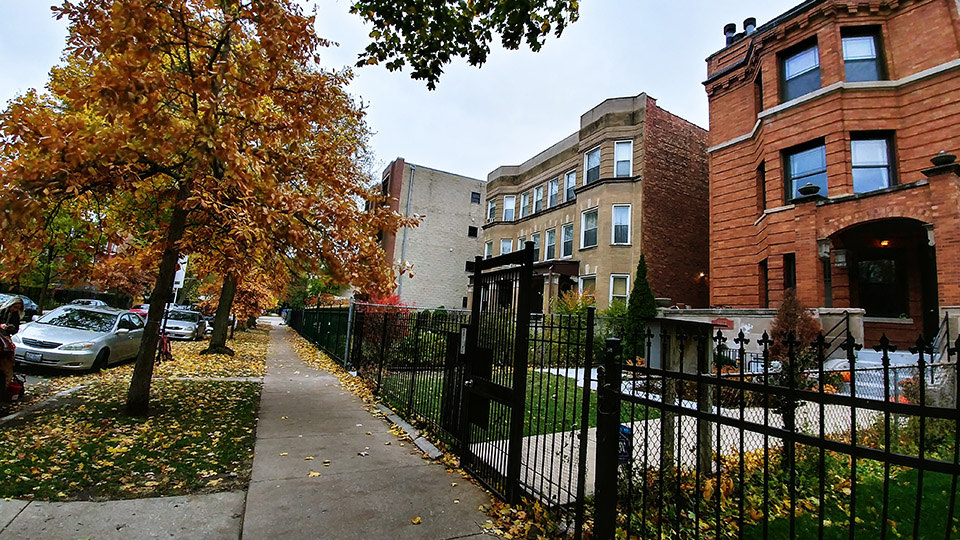The City of Evanston made history and drew international attention in March 2020 when it became the first municipality in the U.S. to agree to pay Black residents reparations, up to $25,000 for those affected by discriminatory housing policies and practices, which the city failed to address until the passage of fair housing laws in the 1960s.
Evanston’s efforts to address pressing issues in the Black community such as affordable housing and employment opportunities, as well as educational and learning opportunities for Black children, is a case study and, potentially, a national model — making what led to the decision and what results from it transformative questions.
Through the lens of educational justice, African American studies professor kihana miraya ross is seeking answers to these and other questions with research that combines historical and ethnographic methods to document impacts as they play out in real-time. She has been awarded a $250,000 grant by the Spencer Foundation to support the project.
ross is also one of 21 recipients of the 2021 Northwestern Racial Equity and Community Partnership grant, which support ideas to solve the systemic problems of racial inequity in local neighborhoods. Awarded to Northwestern’s department of African American Studies and STEM School Evanston, the grant will fund a project that aims to amplify the voices of Black Evanston residents in devising community-directed redress of ongoing racialized educational harm and inequities. While independent of her reparations research, the two projects are highly synergistic.
“In recognizing the debt owed to its Black residents and pledging actual dollars towards repairing centuries of educational inequities, Evanston is in unchartered waters. The world will be watching as the first city in the U.S. to approve reparations embarks on an unparalleled move toward educational justice for its Black residents,” said ross, describing the moment as an unprecedented research opportunity. The project will inform ross’s second book and may be the subject of a feature-length documentary.
Among its many components, the research will include oral histories focusing on the stories of Evanston community members who attended Foster School, an all-Black neighborhood elementary school in the 5th Ward. Foster’s closure in the 1960s spurred a decades long fight to reopen the school that continues today. The oral histories will be made public and donated to the existing African American Oral Histories collection at Shorefront Legacy Center.
Professor ross’s previous research examines the multiplicity of ways that anti-blackness is lived by Black students in what she calls “the afterlife of school segregation,” a framework illuminating the ways in which Black students remain systematically dehumanized and positioned as uneducable long after the end of legal segregation of schools.
“While anchored in the stories emerging and developing in Evanston, this study will build on recent developments in literature on educational equity that have highlighted the specificity of Black students’ experiences in U.S. schools, and contribute empirically to understanding the ways anti-blackness has functioned historically and contemporarily to structure the lives of Black folks across the country,” ross said.


